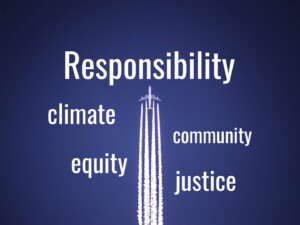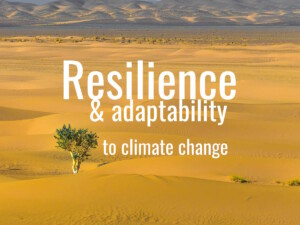Don’t forget niches: Marketing to micro-communities for sustainable tourism growth
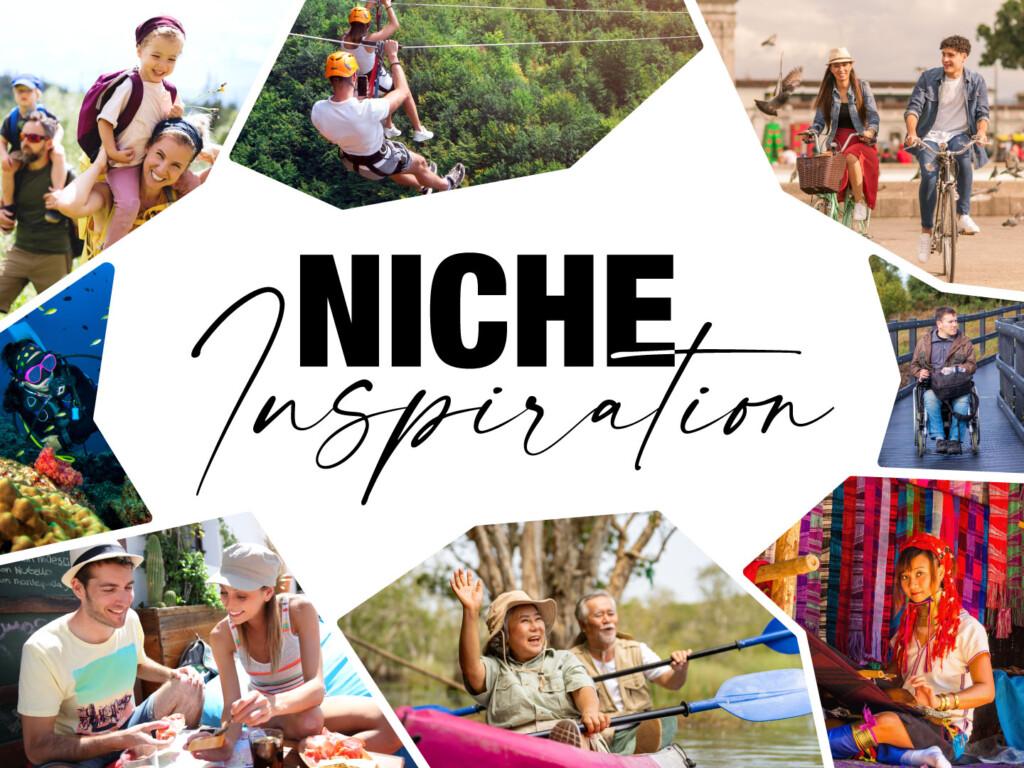
“Instead of reaching a mass audience, destinations can be a big fish in a small pond by focusing on niche markets, where they can excel and provide the most value to both visitors and the tourism industry.”
So says Jens Thraenhart, global tourism strategist and founding partner of UNWTO Affiliate Member Chameleon Strategies.
According to Dr Thraenhart, niches can help destinations address specific sustainable tourism issues and concerns, while ensuring marketing efforts are highly targeted and effective.
Contents
- How would he know?
- Micro-communities for small places
- Niche marketing for better destination management
- Positive visitor and resident sentiment
- Balanced tourism is healthy tourism
- ‘Be Bajan’: ‘Local-hood’ in Barbados
- Stakeholder-centric experiences and storytelling
- Could niches transform your destination?
- Featured image (top of post)
How would he know?

Jens Thraenhart is the former CEO of the national tourism marketing organisation of Barbados, the small island development state in the Caribbean; former Executive Director of the Mekong Tourism Coordinating Office (MTCO), the regional tourism collaboration of the six member countries of the Greater Mekong Sub-region (Cambodia, Lao PDR, Myanmar, Thailand, Viet Nam, and China PRC) in Southeast Asia; and former chair of the Pacific Asia Travel Association (PATA)‘s China Chapter.
Micro-communities for small places
Effective niche marketing can connect Barbados and other small destinations to relevant ‘micro-communities’, Dr Thraenhart believes. Whether birdwatchers or dive photographers, rum connoisseurs or horticulturalists, reaching such networks can create meaningful engagements and achieve tangible results, while being mindful of sustainability, culture, and heritage.
“These micro-communities, while small, are loyal and passionate. They follow each other, and promote destinations within their tribes,” Dr Thraenhart said. “By authentically engaging with people who are already passionate about certain experiences, destinations can cut through the noise and create meaningful connections.”
The internet has made it easier for micro-communities to cross borders and gather online. It has also made it easier to identify, analyse, and reach them. Interest-based segmentation, sentiment analysis, and the identification of key opinion leaders and influencers can inform marketing strategies and content development.
Destinations can leverage specialised content to create enthusiastic fans, develop itineraries, raise awareness, build trust, and generate positive word of mouth. For an island republic of only 282,000 people, this approach is potentially very powerful.
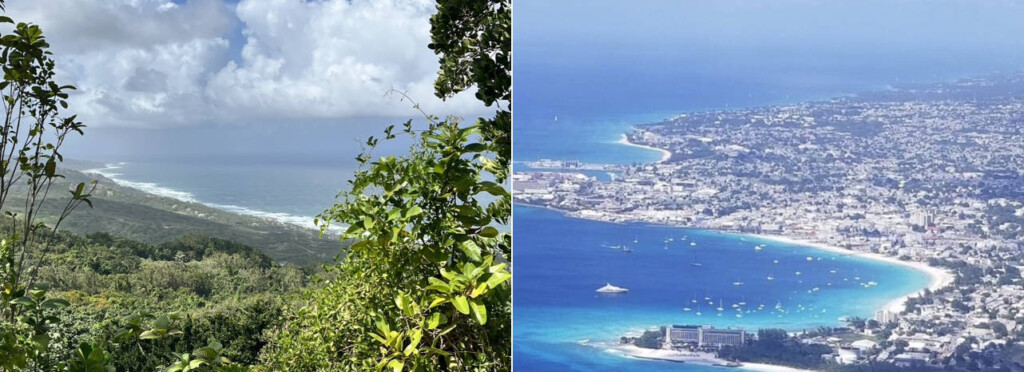
Niche marketing for better destination management
Micro-community and niche marketing can play a significant role in destinations shifting from destination marketing to destination management:
“Many destinations have learned the hard way that endless upward growth is simply not sustainable. Over-tourism, or better, over-crowding, has been just one negative result of mass tourism marketing.”
Under his leadership, Dr Thraenhart was a strong advocate for the Barbados Tourism Marketing Inc. (BTMI) to develop a micro-community and niche marketing approach to sustainable tourism, including the “Be Bajan” concept, to stretch tourism dollars, drive inclusivity, and increase the level of satisfaction for travellers and residents.
This would include BTMI developing a destination management plan, which calls for all stakeholders, from businesses to individuals, to play a major role in shaping tourism.
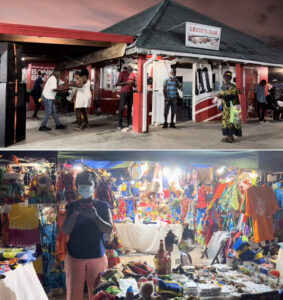
“These businesses provide experiences to residents and visitors alike and have a significant cultural influence as identification for Barbados’ culture and heritage.
“Enabling authentic experiences would allow them to become valuable members of their communities, grow, make an impact, and achieve their goals. In doing so, they will represent the heart of Barbadian culture and experiences, and help build the public image of Barbados both at home and abroad.”
For example, last year, Barbados was featured in the global documentary series Sustainable Travel – Where Next which showcased small, responsible travel businesses.
Positive visitor and resident sentiment
An inclusive stakeholder approach can drive positive visitor sentiment as measured on the Tourism Sentiment Index (TSI). The TSI score reflects what people feel and find most worthy to share about a destination.
An increasing TSI score shows a rising number of visitors recommending the destination to others. Word of mouth, in turn, lowers marketing costs while increasing demand. Strong demand can drive airlift due to the better economics for airlines.
To balance the all-inclusive stakeholder scale are the residents. “An increase in positive resident sentiment will result in residents being friendly and welcoming because they are part of the ecosystem, are involved and engaged, and get real benefits,” Dr Thraenhart explained.
Residents become more welcoming because they feel they are part of the solution while also benefiting. “This is directly correlated to higher guest satisfaction, which drives demand, which drives visitors, which drives economic development.
“This balanced approach is critical for good tourism and to increase tourism revenues. Once that balance is out of whack, you have a problem, which we saw with overtourism before COVID, when destination mis-management disrupted the equilibrium.”
Balanced tourism is healthy tourism
Dr Thraenhart’s firm Chameleon Strategies has uniquely put the concept of “balanced tourism” at the core of its strategic approach to find a healthy equilibrium between growth and preservation. He has also launched the Balanced Tourism Blog to articulate the importance of achieving balance in tourism.
‘Balanced Tourism’ focuses on achieving an equilibrium between the economic, social, and environmental aspects of tourism while balancing growth and preservation. It seeks to optimise benefits for the destination while minimising negative impacts and reducing the leakage factor to drive inclusive economic growth.
Dr Thraenhart explains that while both ‘Balanced Tourism’ and ‘Sustainable Tourism’ aim to be responsible, Balanced Tourism specifically targets an equilibrium among various aspects of tourism to balance growth and preservation. Sustainable tourism is more focused on long-term conservation and responsible management of resources.
“A destination that is out of balance, similar to other ecosystems and even our own bodies, do not function properly. In tourism, this may lead to angry residents, which negatively impacts the visitor experience. The result is a decline in tourism and degradation of the destination. The drop in visitor numbers translates into layoffs, which could even increase crime rates, pollution, and other negative impacts.
“Positive traveller and resident sentiment taps into the passions of international travellers and locals alike, resulting in a balanced tourism destination with benefits for all and not just a select few. Balanced tourism stretches tourism dollars, drives inclusivity, and requires the collaboration of all stakeholders in an all-encompassing tourism ecosystem that increases traveller and resident satisfaction,” Dr Thraenhart said.
“I think this is an important model as it clearly shows the interdependence of all stakeholders in a healthy and balanced tourism industry. This creates value as everybody benefits and is incentivised to participate in a constructive manner.”
The ultimate goal of balanced tourism is to create net positive benefits. This includes the desired and often touted economic benefits as well as positive social and conservation outcomes, including regenerating communities and degraded ecosystems.

‘Be Bajan’: ‘Local-hood’ in Barbados
To help increase resident sentiment, Dr Thraenhart advocated for Barbados to start positioning itself more than just a tourism brand known for its beautiful beaches, but to become a purpose-driven lifestyle brand.
Proposed as the “Be Bajan” campaign, this concept taps into culture as the driving force behind a small business and community-centred approach to tourism product and destination brand development. ‘Bajan’ is a colloquial term for Barbadian.
“Be Bajan would celebrate Barbados’ unique identity and culture, creating a sense of pride among locals and sharing that pride with visitors, with an aim to connect people of all types with Barbados in a more meaningful way, serving as a bridge between locals’ pride and visitors’ experiences,” Dr Thraenhart explained.
The strategy is based on ‘local-hood’, in which human relationships are the focal point, and locals and visitors interact around shared experiences.
“The goal is to build tourism growth responsibly across industries and geographies, with local-hood as the shared identity and common starting point,” Dr Thraenhart said.
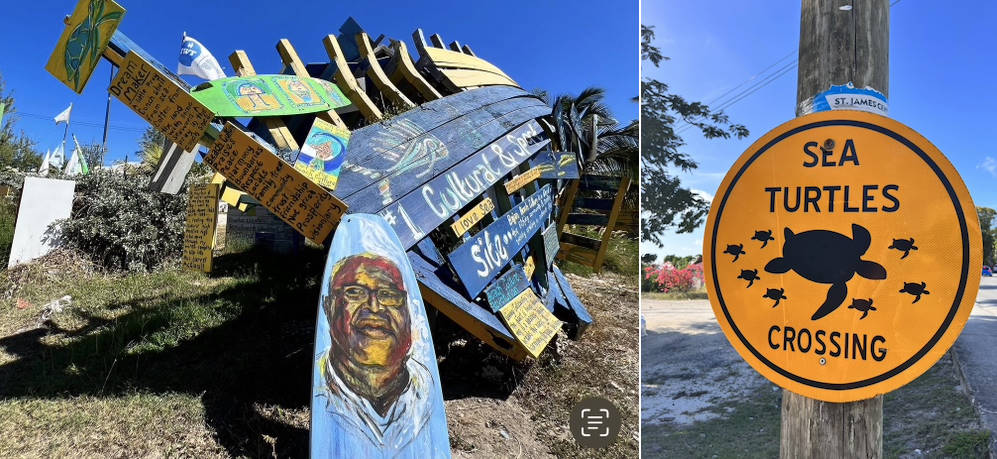
The goal for the destination then is to make anyone, from residents to visitors to the diaspora, a part of a ‘promoter’ scheme; to share experiences online, invite friends and family to visit the destination, and promote sustainable living and responsible practices, with a focus on being welcoming, respectful, environmentally-conscious, caring for the community, and enjoying life.
Stakeholder-centric experiences and storytelling
Another component of the strategy is to curate authentic local experiences via a stakeholder-centric approach, in which small businesses collaborate to position the destination’s experiences as sustainable. The destination would highlight these experiences to effectively communicate those which are most relevant to target customers.
“It would be designed to become a key driver in creating a tourism community, increasing the local tourism value chain, and providing the mechanics to engage stakeholders. This strategic approach supports sustainable tourism development by building a community of like-minded stakeholders, by becoming a responsible storytelling platform,” Dr Thraenhart said.
Consumer-generated content has the highest impact. Dr Thraenhart advocated for the destination to use such a platform to encourage members’ businesses to engage with their customers; encourage them to share their experiences online.
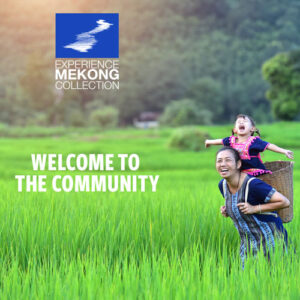
In the Mekong Region, for example, the Experience Mekong Collection provides a strong platform for capacity building and inclusive growth to spread the tourism dollar and divert visitor flows into lesser-known destinations in the region.
In the case of island destinations such as Barbados, it would be a means to position Barbados as a destination with more than just beaches and introduce experiences not normally associated with the island.
However, Dr Thraenhart noted that while proactive ‘experience development’ is key, marketing and branding are still important. “Understanding which experiences are attracting the highest volume of conversation and positive sentiment is crucial for effective content marketing and experience promotion.”
This knowledge is also critical for identifying and engaging with key opinion leaders, and tapping into their passionate and engaged online communities of niche interests. For example, the TSI ranks Barbados first in the Caribbean and ninth in the world for nature photography.
“This insight could open up opportunities to position Barbados as a nature destination and create a campaign with a top camera brand to tap into their loyal audience.”
Could niches transform your destination?
Dr Thraenhart concludes: “Sustainable tourism marketing through responsible storytelling is the most ethical approach, promoting authentic stories and real people that can positively affect local communities and businesses.”
This proposed micro-community and niche marketing approach, combined with stakeholder-centric engagement, with its emphasis on visitor and resident sentiment, social media, authentic experiences, and responsible storytelling, could signal a rethink of tourism, and may even transform destination marketing and management.
Dr Thraenhart and his team at Chameleon Strategies, which uniquely includes three former expatriate national tourism board CEOs and past senior travel & tourism executives, stand ready to implement this innovative model at forward-thinking destinations anywhere in the world.
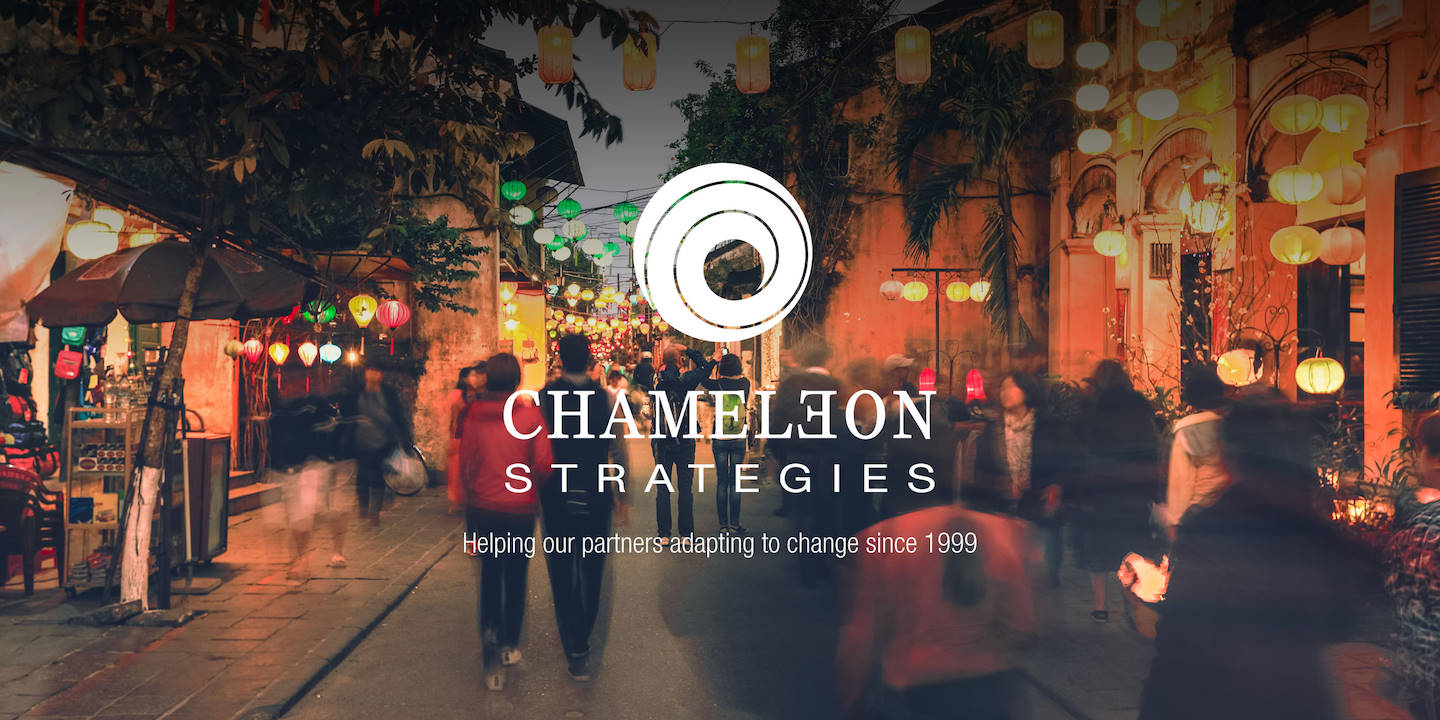
Featured image (top of post)
‘Niche inspiration’. Image supplied by Gerrit Kruger of Chameleon Strategies, who gives credit to the following creators at Shutterstock.com: Graceful Digital; Ground Picture; Mike_O; Bill45; Anna Jedynak; goodluz; CandyRetriever; SALMONNEGRO-STOCK.





